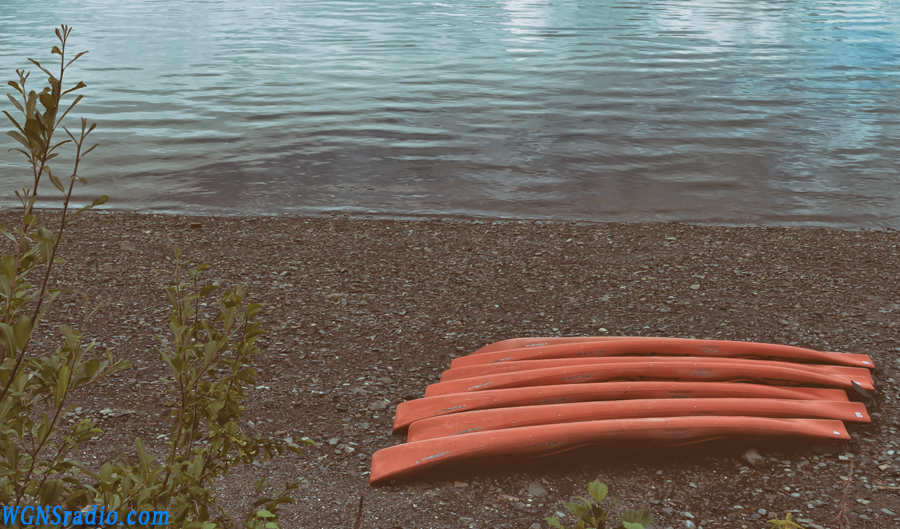Summer is a time for outdoor fun, and this summer in particular, as life begins to return to normal, people are looking to put the past year behind them and enjoy themselves.
Safety is an important consideration in any outdoor activity, and as kayakers return to the Duck River, one of the most beautiful and biodiverse rivers in North America, it’s important to know what to do, and what not to do.
Bedford County plays host to kayakers from many surrounding counties, and officials say paying attention to river conditions saves lives.
“We welcome visitors, and we’re pleased that people are able to enjoy the treasure that is the Duck River,” said Bedford County Emergency Management Agency Director Scott Johnson. “But kayakers do not need to be on the river in times of increased flow. First and foremost, we don’t want anyone to lose their life in a preventable accident. But even in the best-case scenario, a search-and-rescue operation costs the taxpayers money and takes emergency personnel away from other duties.” Rescue operations in high water also place emergency personnel themselves at risk.
TVA has given permission for Bedford County to close the parking for river access points at Dement Bridge and Three Forks Bridge for safety when the release of water from Normandy Dam is at 400 cubic feet per second or higher. The easiest way for kayakers to determine this is through the TVA Lake Info app, available for both iOS and Android devices. ( https://www.tva.com/environment/lake-levels/tva-lake-info-app ) There are other mobile apps available that give the current flow information, not just at the dam, but at various points on the river, and these can be helpful as well.
Bedford County Sheriff’s Office can issue citations for trespassing for vehicles parked at the Dement Bridge and Three Forks Bridge parking lots during times when those parking lots are closed due to increased flow. It’s also against the law to park on the shoulder near those sites, which can impede emergency crews from arriving. Illegally-parked vehicles are subject to being towed.
Changes to the path of the Duck River near the low-head dam at Cortner Mill, near Normandy, have created a dangerous “strainer” which kayakers should not try to traverse. They must get out of the river and portage their kayaks past that obstacle.
Kayakers are also asked to wear life jackets, and to bring flashlights and water or other non-alcoholic beverages in case they find themselves stranded.
Commercial kayak rental businesses will prohibit their customers from taking the river in unsafe conditions, but in recent years kayak sales in southern Middle Tennessee have been brisk, and those who own their own kayaks sometimes use them irresponsibly.
“We want to keep people safe,” said Johnson, “so that they can come back to the river on another day.”
For more information about boating safety in Tennessee, go to TWRA’s website at https://www.tn.gov/twra/boating/regulations-and-safety-concerns.html.


